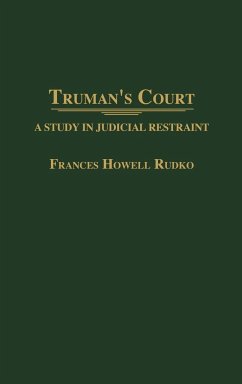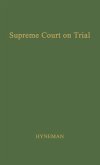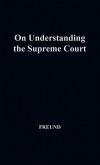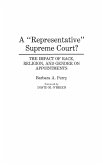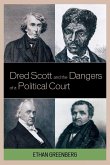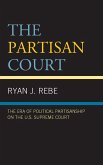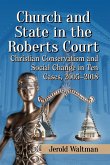A concise, well-written examination by a lawyer-historian of the judicial restraint philosophies of President Truman's four appointees to the Supreme Court: Harold Burton, Fred Vinson, Tom Clark, and Sherman Minton. Rudko's analysis of the four men's opinions in criminal procedure, loyalty-security, racial discrimination, and alien rights cases show that Truman was far more successful than most presidents in choosing justices whose view of the judicial role matched his own. Choice Much of the debate surrounding the Supreme Court can be traced to the notion that the Court is primarily a political rather than a judicial institution. When the Court is viewed from an ideological standpoint, it becomes tempting, for example, to equate judicial restraint with conservatism, and activism with a liberal political perspective. In her study of the Truman Court, Rudko demonstrates the fallacy of the political approach. Focusing of the record of President Truman's four liberal appointees, she looks at the judicial philosophy underlying important decisions involving the rights of individuals and shows how judicial issues--especially the balance between restraint and activism--have determined the decision-making process.
Hinweis: Dieser Artikel kann nur an eine deutsche Lieferadresse ausgeliefert werden.
Hinweis: Dieser Artikel kann nur an eine deutsche Lieferadresse ausgeliefert werden.

